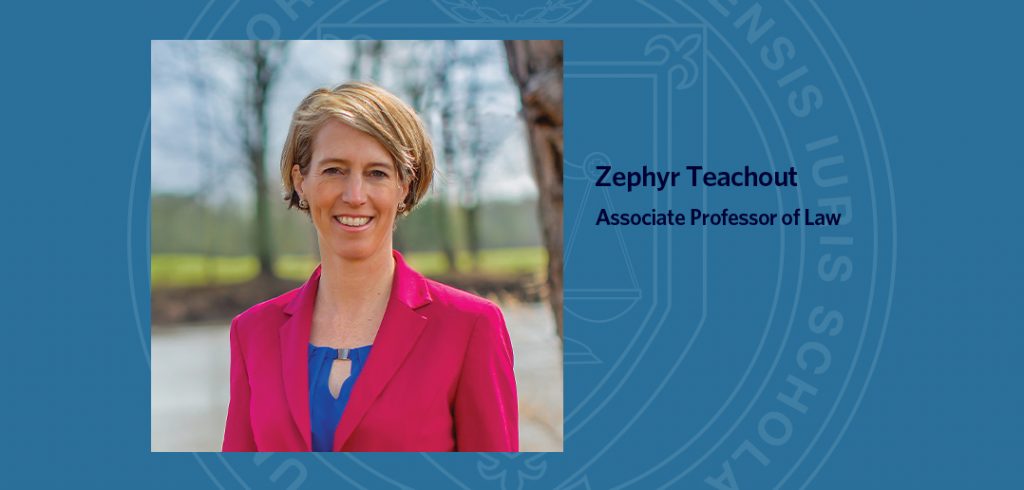In this op-ed featured in The New York Review of Books, Fordham Law Professor Zephyr Teachout explains why embracing Lina Khan as chair of the Federal Trade Commission would send a clear signal of economic leadership from Vice President Kamala Harris. She adds that, as president, Harris could take further steps toward a fair and free economy—or roll back her predecessor’s antitrust gains.
By my lights, the strongest test of Harris’s priorities will be whether she retains Khan as the chair of the FTC. Wall Street loathes Khan. Two billionaire donors to Harris—Reid Hoffman, cofounder of LinkedIn, and IAC chairman Barry Diller—have even called on the candidate, if elected, to drop her. (Diller called her a “dope.”) Barry Sternlicht, a billionaire real-estate investor, went on CNBC’s Squawk Box to say that “we all think the FTC has lost their center.” There’s been a lot of chatter in the antitrust and business press to the effect that Harris might dump Khan as well as the head of the Department of Justice’s antitrust division, Jonathan Kanter.
It might seem most frictionless for her to do just that, to “reset” with crypto, to reverse course on antitrust. But the Democratic Party’s biggest challenge right now is winning over working-class voters of every racial and ethnic background. Trump has been courting them, most notably by choosing a faux-populist running mate in JD Vance.
The Democrats lose when they try to have it both ways, to be the party of the worker and the CEO, of Uber management and Uber drivers. The stronger path to win—and the more just way to govern—is to take up trustbusting, reject neoliberal trade policies, and plant a flag firmly on the side of citizens against corporate donors. To prove herself on that score, Harris will need to do more than adopt Biden’s rhetoric. Indicating early in her campaign that she’s with Khan would assure small businesspeople, workers, consumers, and the millions of Americans sick of big money’s influence on politics that she, too, is willing to make wealthy enemies.
Read “Kamala Harris’s Big-Business Choice” in The New York Review of Books.

